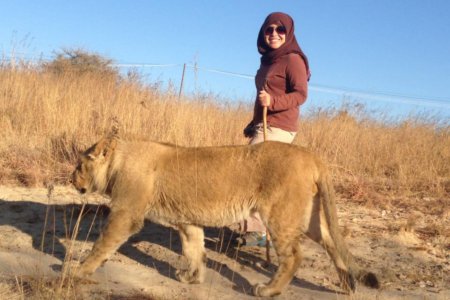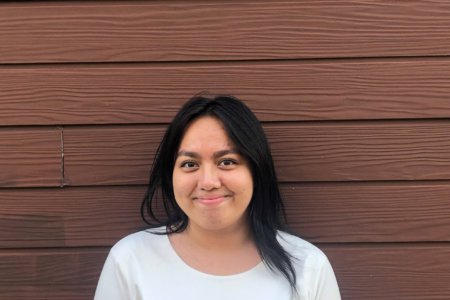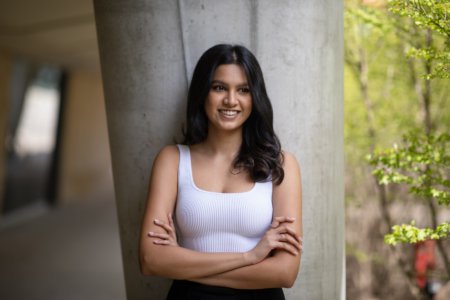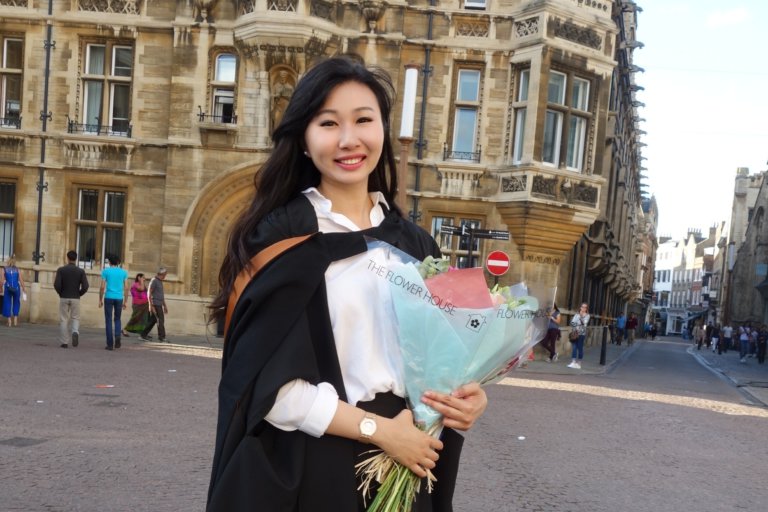
Whoever was or is lucky enough to attend a world-class university, like the University of Cambridge, is usually viewed a certain way. They are thought of as the cream of the crop — the elites able to navigate the elusive and difficult application process, where only around one in five applicants are accepted.
Most of all, people tend to think that Oxbridge students have it all figured out. This is true to a certain extent. Otherwise, how could they have answered the examiners during the gruelling interview?
Cambridge graduate Celine Wan, however, begs to differ. Like most teenagers, she did not have a specific plan on what to study, which universities to apply to, and where to go.
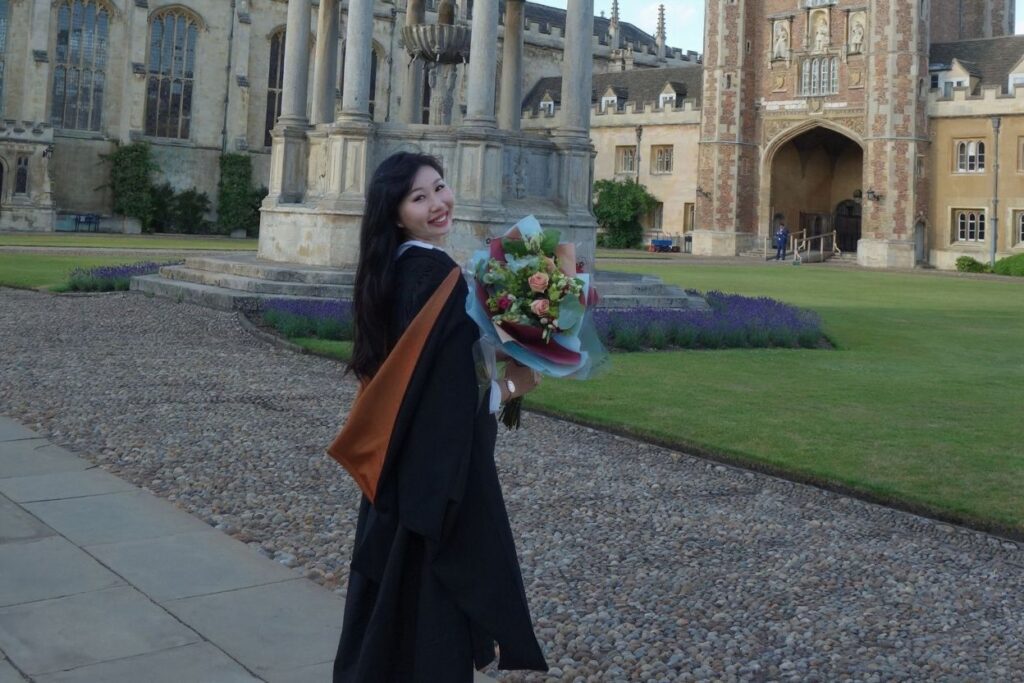 The Oxbridge application process is taxing, but Wan managed to work on it five days before the deadline. Source: Celine Wan
The Oxbridge application process is taxing, but Wan managed to work on it five days before the deadline. Source: Celine Wan
An unconventional journey
Her story begins with a dream. The Malaysian had wanted to study medicine when she was done with her A Level exams, but financial strains held her back. “My family came to realise the full extent of time and money required from them, should I pursue this route,” she says.
Time was of the essence, and application deadlines were fast approaching. Wan had to rethink her whole future and what she will study at university. It was important to have enough time to consider all options, but it resulted in her having only five days left to apply to the University of Cambridge.
“Since I did not have a prescriptive-based middle ground of what I wanted to do if not medicine, I had a more principle-based approach for my next target course and university instead — a major that would utilise my A Level subjects as I was very interested and good at science and mathematics, and applying to a top university that boosts my chances for financial aid,” the 29-year-old tells Study International.

Wan poses with her fellow batchmates at a formal dinner at the University of Cambridge. Source: Celine Wan
Securing a Bank Negara Malaysia scholarship
Wan’s achievements in life, as she calls them, were unexpected. This included her Bank Negara Malaysia scholarship — one of the most prestigious awards for Malaysians.
Her “child-like optimism” led her to Cambridge. “Unlike most others, I did not know what I wanted to do until I inadvertently ended up in a gap year,” she says. “Without much preparation and guidance, my biggest source of support, reference, and hope were peers and seniors, who encouraged me that I could obtain offers from top universities only if I tried.”
Everything became a blur. The Bank Negara Malaysia scholar had to rush through a quick university admissions essay and submit her personal statement, among other documents. This effort eventually paid off and the former Senior Analyst ended up getting clarity on her future.
“I knew I would have to serve my scholarship bond the moment I graduated and as such, I had plenty of years in university to mentally prepare myself for the workforce,” she says. “This includes readings and studies in various fields within financial services, and investment internships during my summer break.”
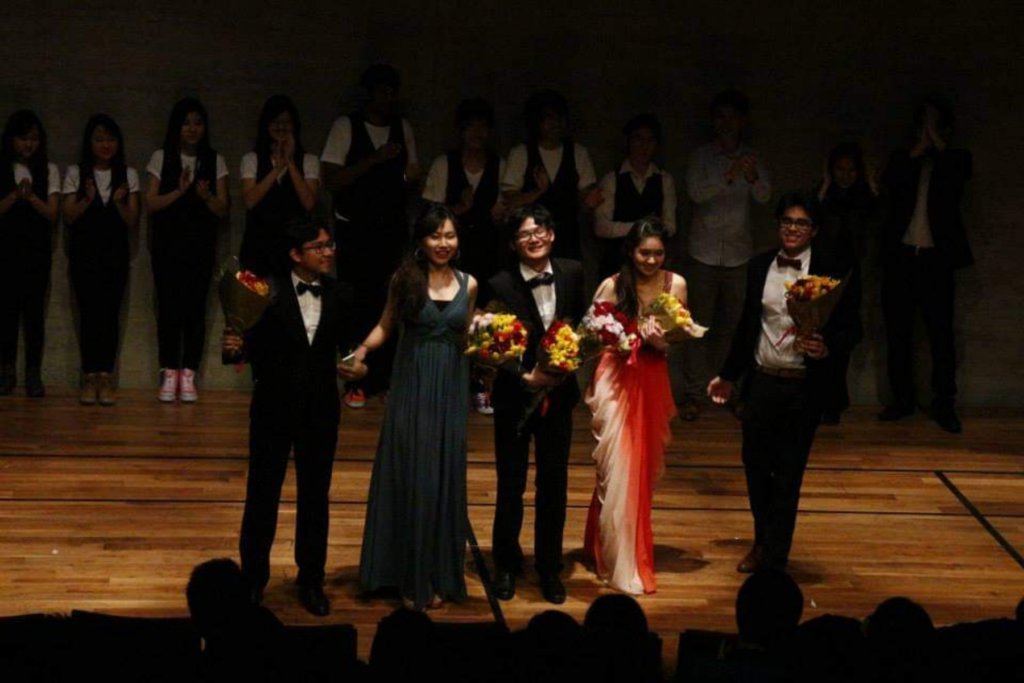
The Bank Negara Malaysia scholar now wants to help applicants navigate the elusive Cambridge application process. Source: Celine Wan
What studying in Cambridge taught her
Wan now specialises in financial technology (FinTech) partnerships, ecosystems, regulations, and digital transformation. Her five-year stint at Bank Negara Malaysia helped her build a solid understanding of the FinTech development landscape, particularly in areas that are experiencing rapid innovation, such as digital banking, payments, and insurance.
While her time at Cambridge taught her skills she could bring to the workplace, she does not think that any degree or major would prepare anyone for their career paths fully. “To me, the formal education system teaches you soft skills and trains our minds through critical thinking, logical deductions, and clarity of thought.”
Studying in the UK was a natural transition for Malaysian-born Wan. This was because most of her friends were headed to the UK for their undergraduate studies, so she felt at home when she settled into life at the University of Cambridge. Her familiarity with the UK curriculum, thanks to her having opted to do her A Levels, became an advantage.
Both Cambridge and the Bank Negara Malaysia scholarship changed her entirely — Wan became more proactive, confident, and organised. Wanting more students to overcome their fear of applying to the institution, she now helps them apply to her alma mater. “Do not think much of the outcome, just go for it,” she advises. “Worry about where to settle only once the palette of options starts rolling in.”








